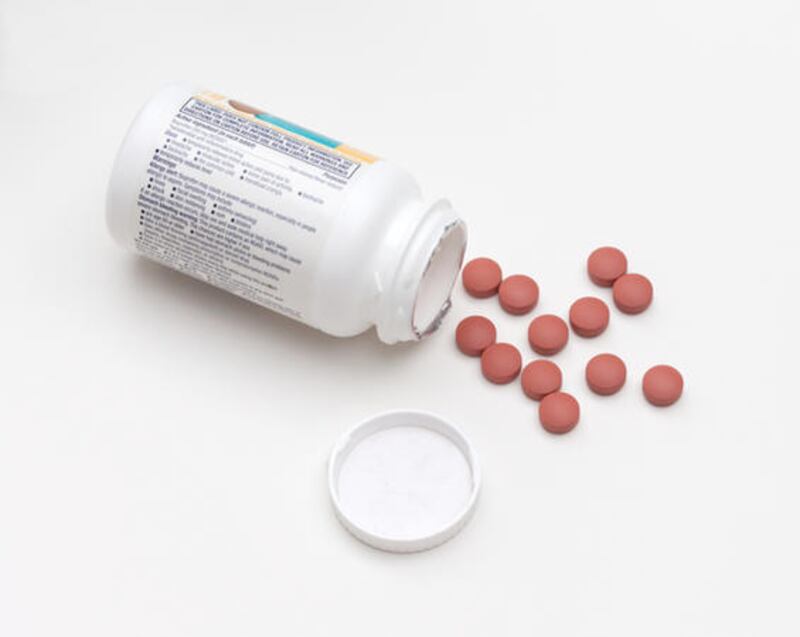BrandView
This story is sponsored by MountainStar Health Care. Learn more about MountainStar Health Care.

You have a terrible cold. It has given you an awful headache and you've been blowing your nose all day.
You've taken Nyquil as prescribed but decide that the throbbing pain in your head has got to go. So you take a maximum dosage of Tylenol. Both are over-the-counter medicines; they're harmless, right?
Wrong.
The above scenario doesn't seem unrealistic and that is precisely how presumably harmless over-the-counter medications can become deadly.
According to the CDC, 150 Americans die each year by accidentally taking too much acetaminophen. Better-known as Tylenol, it is also the active ingredient in a variety of medications. For example, Nyquil Cold and Flu Nighttime Relief contain more acetaminophen than a single dose of extra strength Excedrin.
Many people also don't know that all pain relievers are not created equal. In fact, plenty of us think that Tylenol and Advil are interchangeable.
Because acetaminophen and ibuprofen are over-the-counter drugs, people consider them safe. In most cases and low doses, they are. But there can be exceptions, especially after extended use or heavy doses.
In reality, the two over-the-counter pain killers have different active ingredients and specific benefits attached to them - as well as unique health concerns. In an effort to explore the differences between the two, we will discuss the pros and cons of both.



